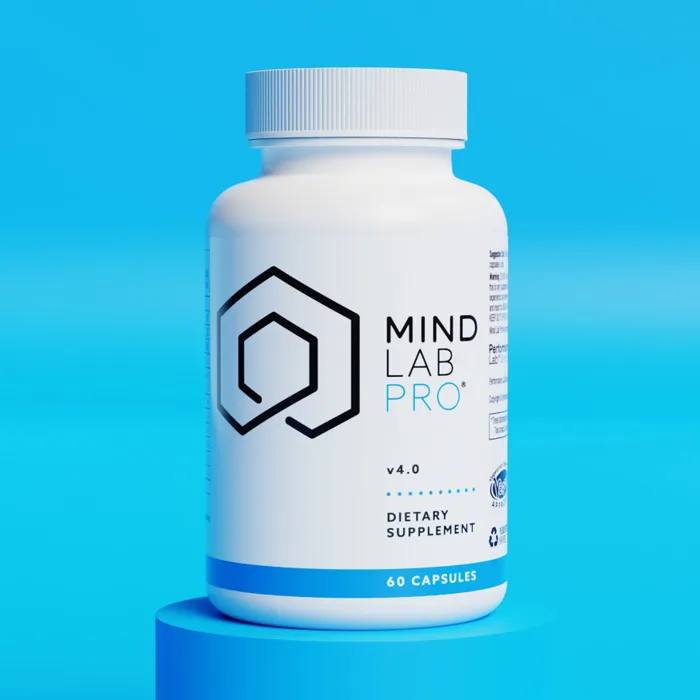What is NutriGenesis®?
NutriGenesis® is the process of producing cultured nutrients which replicates the creation of vitamins and minerals in nature.
NutriGenesis® is based on the work of Nobel Prize-winning physiologist Albert Szent Gyorgy, who theorized that nutrients presented in their naturally grown forms supply cofactors that make them more bioavailable, biologically active and effective than nutrients that are isolated.

How is NutriGenesis® different from other nutrient forms?
Some of the most popular nutrient forms available in dietary supplements include:
- Whole-food concentrates, which despite providing natural cofactors, necessitate extensive processing and can involve eco-destructive practices.
- Isolated chemical nutrients (USP), which are separated from their whole-food cofactors and can be difficult to absorb and utilize for the body.
- Chelated minerals, which despite having generally higher bioavailability than USP nutrients, still lack the essential cofactors that are naturally present in whole-food sources.
Performance Lab® NutrGenesis® sets itself apart by providing food-identical nutrients bound to natural co-factors and manufactured with minimal processing and impact on the environment.
Product Features:
- Research-supported, balanced dosages.
Unique Features:
- Nutrients present in food-identical form with natural cofactors: Maximizing nutrient uptake, bioavailability and beneficial activity.
- Clean and safe: Produced under strict, controlled conditions. Minimally processed and free of pesticides, herbicides or other synthetics associated with some other whole-food nutrients.
- Eco-friendly: Small carbon footprint, particularly when compared to factory farming of phytonutrients and strip mining of minerals.
- Patented and researched: Shown to have superior bioavailability when compared to chemical isolates.
Health Benefits Overview:
- Energy production: B vitamins as well as minerals like magnesium and zinc, are essential co-factors in energy metabolism. They facilitate the breakdown of carbohydrates, fats, and proteins into usable energy for the body.
- Structural repair and tissue formation: Vitamins like vitamin C and minerals such as calcium contribute to the development, maintenance, and repair of body tissues. They play key roles in the formation of bones, teeth, skin, and connective tissues, ensuring the structural integrity of our body.
- Immune system support: Vitamins like vitamin A, vitamin C, vitamin D, and minerals like zinc and selenium support a healthy immune system. They play roles in the production and function of immune cells and antibodies, as well as in the regulation of immune responses.
- Antioxidant protection: Vitamins such as vitamins C and E and minerals like selenium and copper act as antioxidants, helping neutralize harmful free radicals and protecting cells from oxidative damage associated with aging and increased risk of chronic diseases.
- Nervous system function and cognitive support: Vitamins like vitamin B12 and minerals such as magnesium and potassium are essential for proper nervous system function, including the transmission of signals between nerve cells. They also play a crucial role in supporting cognitive function, including memory, attention, and overall mental clarity. Adequate intake of these vitamins and minerals helps maintain optimal brain health and promotes cognitive well-being.
- Blood health: Vitamins such as vitamin K and minerals like iron are involved in the formation and maintenance of healthy blood cells. They support red blood cell production and are important for proper blood clotting.
- Hormone regulation: Vitamins like vitamin D and minerals like iodine play roles in hormone synthesis and regulation. They contribute to the production, conversion, and transport of hormones throughout the body.
References
- Capozzi A, Scambia G, Lello S. Calcium, vitamin D, vitamin K2, and magnesium supplementation and skeletal health. 2020;140:55-63. https://www.maturitas.org/article/S0378-5122(20)30284-X/abstract
- de X, Rosa, Livia, Alceu Afonso Jordão, Deminice R. Antioxidant vitamin supplementation prevents oxidative stress but does not enhance performance in young football athletes. 2019;63-64:29-35. https://www.sciencedirect.com/science/article/abs/pii/S0899900718304222
- Gombart AF, Pierre A, Maggini S. A Review of Micronutrients and the Immune System–Working in Harmony to Reduce the Risk of Infection. 2020;12(1):236-236. https://www.mdpi.com/2072-6643/12/1/236
- Katz DL. Nutrition in Clinical Practice. Lippincott Williams & Wilkins; 2014. Accessed June 1, 2023. https://www.who.int/publications/i/item/9241546123
- Tardy A, Etienne Pouteau, Marquez D, Yilmaz C, Scholey A. Vitamins and Minerals for Energy, Fatigue and Cognition: A Narrative Review of the Biochemical and Clinical Evidence. 2020;12(1):228-228. doi:https://doi.org/10.3390/nu12010228 https://www.mdpi.com/2072-6643/12/1/228






